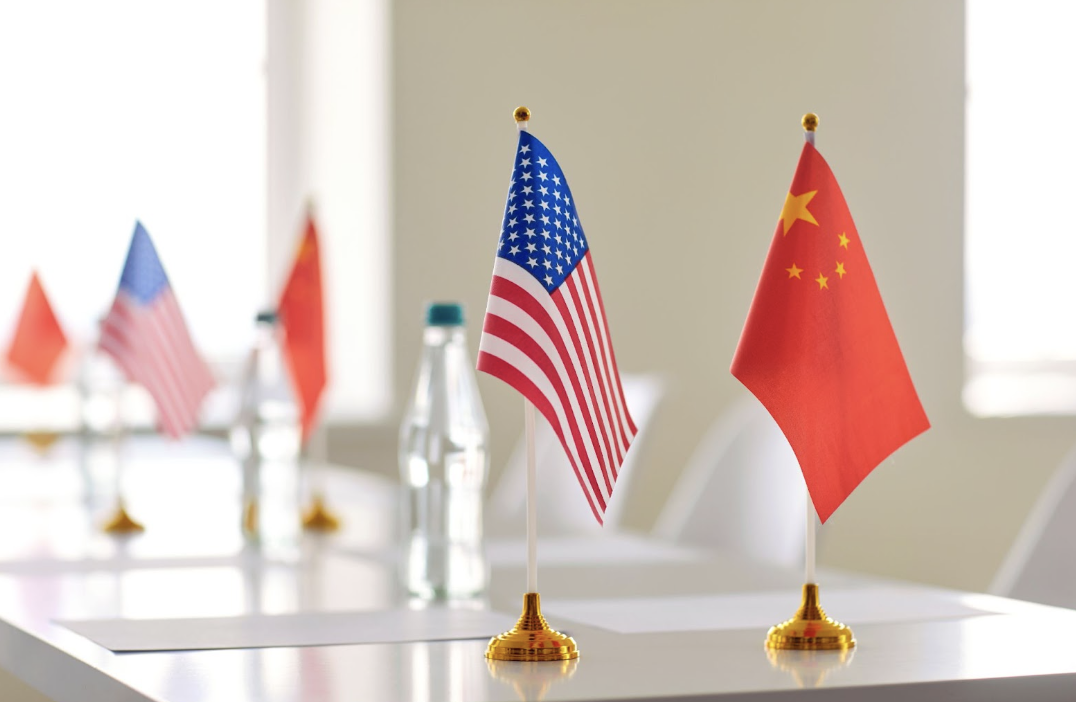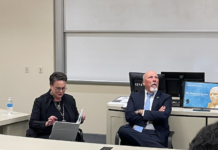![]()
Chinese Foreign Minister Wang Yi held a new round of meetings with U.S. National Security Advisor Jake Sullivan in Bangkok from January 26 to 27. These engagements extended the mutual commitment established at the November 2023 Woodside Summit, which focused on strategic communication and managing bilateral relations between the two countries.
Both Wang and Sullivan emphasized the importance of maintaining accountability and cooperation in U.S.-China relations. Sullivan reiterated that although the two countries compete in multiple fields, both sides need to prevent the escalation of conflict or confrontation.
Both recognized the recent progress in resuming military-to-military communication and noted the importance of keeping these channels open. They also plan to hold a U.S.-China dialogue on AI in the spring. Furthermore, Sullivan welcomed recent cooperation on counternarcotics operations, a significant U.S. priority.
On January 30, the U.S. and China launched the bilateral Counternarcotics Working Group. This framework is intended to serve as a critical mechanism for coordinating bilateral efforts to counter the global manufacturing and trafficking of illicit synthetic drugs. This step builds on President Xi’s promise to President Biden that China would help the U.S. tackle companies that produce the precursor chemicals to make fentanyl.
The U.S. delegation team, led by Deputy Assistant to the President and Deputy Homeland Security Advisor Jen Daskal, met separately with Yang Tao, PRC Ministry of Foreign Affairs Director General of the North American and Oceanian Affairs Department, and Hu Binchen, Ministry of Public Security Director General of the International Cooperation Department. Both sides discussed deeper cooperation in policymaking, law enforcement and information sharing. The Working Group represents a firm step in guiding U.S.-China relations down a more cooperative path.
“We had in-depth communication and were pragmatic. We reached common understanding on the work plan for the working group,” said Wang Xiaohong China’s minister of public security.
Fentanyl does significant harm to American society. The synthetic opioid is up to 50 times stronger than heroin and 100 times stronger than morphine. It is a major contributor to both fatal and nonfatal overdoses in the U.S. Over 150 people die every day from overdoses related to synthetic opioids like fentanyl. More than 100,000 people died from drug overdose deaths in the U.S. in 2022, according to data from the US Centers for Disease Control (CDC), including an estimated 82,998 opioid-related drug overdose deaths.
China is one of the main sources of fentanyl trafficked into the United States. In October 2023, Washington imposed sanctions against a list of Chinese companies and individuals involved in the illegal trade of fentanyl. Beijing denied its involvement in the illegal trade and asserted its zero-tolerance drug policies.
The Working Group demonstrates that both the U.S. and China gain from cooperation and lose from confrontation. Wang Xiaohong expected that future meetings would see two sides accommodating each other’s concerns to enhance and expand cooperation.
Professor Dennis Wilder from Georgetown’s Walsh School of Foreign Service underscored the significance of the agreement. As the Senior Fellow of the Initiative for U.S.-China Dialogue on Global Issues, Professor Wilder carries a unique vision of the U.S.-China relations:
“The establishment of this group was important because it helped President Biden and his team justify the re-engagement with Beijing. The counternarcotics group, if it succeeds, will produce tangible and measurable results in reducing the flow of fentanyl precursors from China to the United States and thus help with a major drug problem that kills tens of thousands of Americans each year. Meanwhile, this progress also demonstrates that when both sides see tangible benefits, agreements are possible. The US lifted sanctions and the Chinese have acted against the drug dealers. In areas like climate change, there is similar room for win-win solutions.”
Outside their discussions on U.S.-China relations, Wang and Sullivan also held candid, substantive strategic communications on the Russia-Ukraine War, the Middle East and the Korean Peninsula. Both agreed that the two heads of state will maintain regular contact to guide bilateral relations, exchange viewpoints and take steps to promote cultural exchange in the future.












